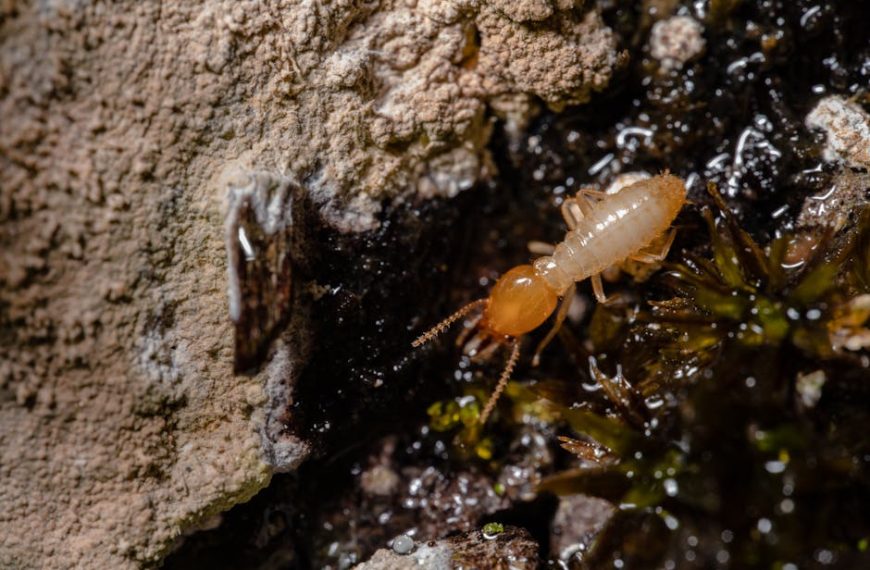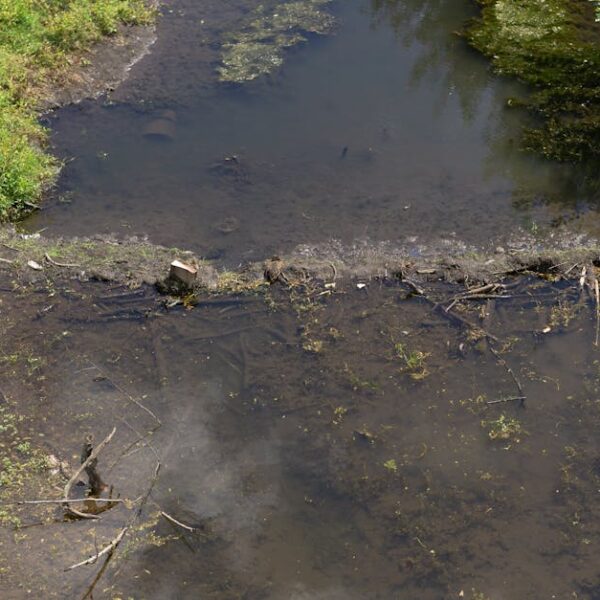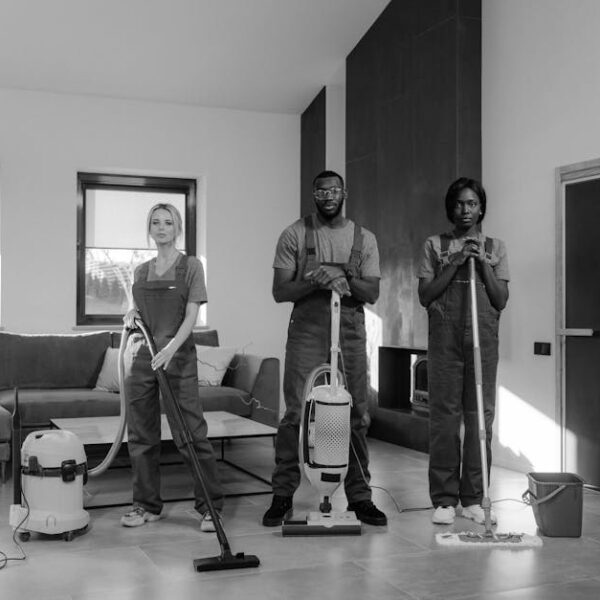Gas leaks are scary, not just because of the potential explosion risk, but also due to the harmful health effects from exposure. It’s worse when your house smells like gas, but no visible leak is detected, leading to more confusion and angst. This situation is often due to unnoticed leakage points, aging pipelines, outdated devices, or remnants of recent work. This article aims to delve deeply into understanding this predicament, diagnosing the cause, immediate precautions, and preventive strategies.
Understanding the Smell of Gas
Natural gas on its own is odorless. You may wonder, how do we then identify gas leaks? The answer is simple – gas companies add a harmless compound called mercaptan to the gas. Mercaptan emits a smell similar to rotten eggs or sulfur, empowering humans to detect the presence of gas promptly.
However, the problem arises when other common household items mimic the same smell. Old garbage, certain cleaning supplies, dead animals in the vents, or poorly managed sewage systems can lead to similar odors.
Common Causes of Gas Smell Without a Visible Leak
So your house smells like gas, but you don’t see any leak. It’s not as uncommon as you think, and the causes are varied. For instance:
- Undetected leaks: A small leak behind a wall or underneath floorboards, though small, can produce a noticeable gas smell.
- Ageing pipelines: Old pipelines can emit gas smell as they deteriorate over time.
- Faulty appliances: Stoves, water heaters, and furnaces, if not properly maintained, can release small amounts of gas.
- Residual gas: Recent work on your gas systems or appliances may have left some residual gas leaks.
Deduction and Strategies for Identifying the Culprit
Identifying the source of the smell is crucial when no visible leak is apparent. A systematic approach aids in this process:
- Identify and verify the smell
- Check if any gas appliances were left on
- Inspect all gas-powered equipment
- Inspect areas where gas line connects to your house
While this method can be useful for some, it’s not always foolproof. For many homeowners, the peace of mind that comes with calling a professional to inspect the situation is worth every penny.
| DIY | Professional Help | |
|---|---|---|
| Cost | Free | Depends on the service |
| Safety | Risk involved | Safe (professionals are trained) |
| Efficacy | Varies (based on knowledge) | High (professionals have the experience and tools) |
Could a Burning Plastic Smell Be Related to a Gas Leak in My House?
If you notice a burning plastic smell in your house, it’s crucial to act quickly. This odor could indicate electrical issues or, worse, a gas leak. To ensure your safety, immediately ventilate the area and contact professionals to find the cause of burning smell, prioritizing your health and home.
Immediate Actions to be Taken When Gas Smell Persists
If your house still smells like gas after taking the necessary steps to identify the source, it’s time to treat the situation as an emergency. Here are immediate actions you should take:
- Evacuate: Move all household members to a safe location away from the smell.
- Avoid ignition sources: Don’t light candles, smoke, or strike a match. Turn off the stove, oven, and other gas appliances.
- Ventilate your house: Open all doors and windows for air circulation.
- Don’t use electronics: Avoid using cellphones, light switches, or anything that can generate a spark, while you’re still indoors.
Preventive Measures to Avoid Gas Leak Smells
In order to prevent future occurrences of gas smell, certain preventive measures can be taken. These include:
- Regular maintenance of gas appliances: Keep your gas appliances clean and well maintained. Regular maintenance checks can detect small leaks or issues early.
- Proper Ventilation: Make sure you have clean and proper ventilation, as it allows for the smell to dissipate faster, ensuring it isn’t gas.
- Gas detectors: Invest in a gas leak detector, it’s an excellent tool to have in your home. They can detect even minor gas leaks and alert you immediately.
In conclusion, smelling gas in your house without a visible leak might be confusing and scary. However, equipped with the knowledge and right preventive measures, you can efficiently deal with the situation. Always prioritize safety and don’t hesitate to seek professional help when necessary.
Key Takeaway:
- The smell of gas is typically due to a harmless compound called mercaptan that allows humans to detect the presence of gas.
- Your house smelling like gas without a visible leak may be caused by small unnoticed leaks, outdated pipelines, improperly maintained devices, or remnants of recent work.
- It’s crucial to take a systematic approach in identifying the source of the smell when no visible leak is apparent.
- If the smell persists even after taking necessary precautions, treat the situation as an emergency and evacuate the premises.
- Prevent future occurrences of gas smell by regularly checking your household gas connections, appliances and ventilation system. Also consider installing a gas leak detector.
Remember, safety should always be your first priority. While we’ve outlined some key steps you can take if you detect the smell of gas in your house, don’t hesitate to reach out to trained professionals if you’re in doubt. With the proper preventative measures and routines in place, you can significantly decrease the risk of gas leaks and avoid harm to your health and home.
FAQs
Q: Are there any household items that might emit a gas-like smell?
A: Yes, old garbage, some cleaning supplies, dead animals in vents, or poorly managed sewage systems can give off similar odors.
Q: When should I call a professional if I smell gas?
A: If the smell of gas persists after you’ve taken precautions like checking your appliances and household gas connections, it’s advisable to call a professional for help.
Q: What are some preventive measures I can take to detect potential gas leaks?
A: Regular maintenance checks of your gas appliances, ensuring proper ventilation, and installing a gas leak detector in your home are effective measures in detecting potential gas leaks.
Q: What can pointing to a gas leak even if there’s no visible leak?
A: Small unnoticed Leakage points, aging pipelines and appliances can cause the smell of gas.
Q: How can I differentiate between real gas smell and similar smells?
A: A real gas odor is persistent and won’t fade even after you’ve addressed the potential sources of the odor.
Don’t forget to share this article with others, and explore more posts on our website.












